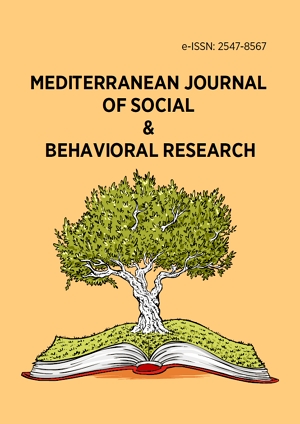Abstract
Due to the perplexity of students’ experience during online learning, they are demotivated in the current academic set-up. The support that they receive is crucial for their academic journey. This study aimed to determine the learning support to reinforce students’ motivation during homeschool exodus. It also examines how they deal with emergency remote education and the learning support they need to maximize their motivation during their exodus to homeschool classes. Guided by the principles of content analysis, analysis of the transcripts elucidate that students desire for digital empathetic language, relational, financial, familial, environmental, and technological learning support to reinforce their learning motivations and engage them for academic continuity during this emergency education. Drawing on motivation through context-specific materials, scholarship support, positive feedback, socialization strategies, and group dynamics during online learning can encourage students to persevere academically in times of radical changes.
License
This is an open access article distributed under the Creative Commons Attribution License which permits unrestricted use, distribution, and reproduction in any medium, provided the original work is properly cited.
Article Type: Research Article
MEDITERR J SOC BEH RES, Volume 7, Issue 2, June 2023, 85-91
https://doi.org/10.30935/mjosbr/13039
Publication date: 01 May 2023
Online publication date: 07 Mar 2023
Article Views: 2073
Article Downloads: 1156
Open Access References How to cite this article
 Full Text (PDF)
Full Text (PDF)